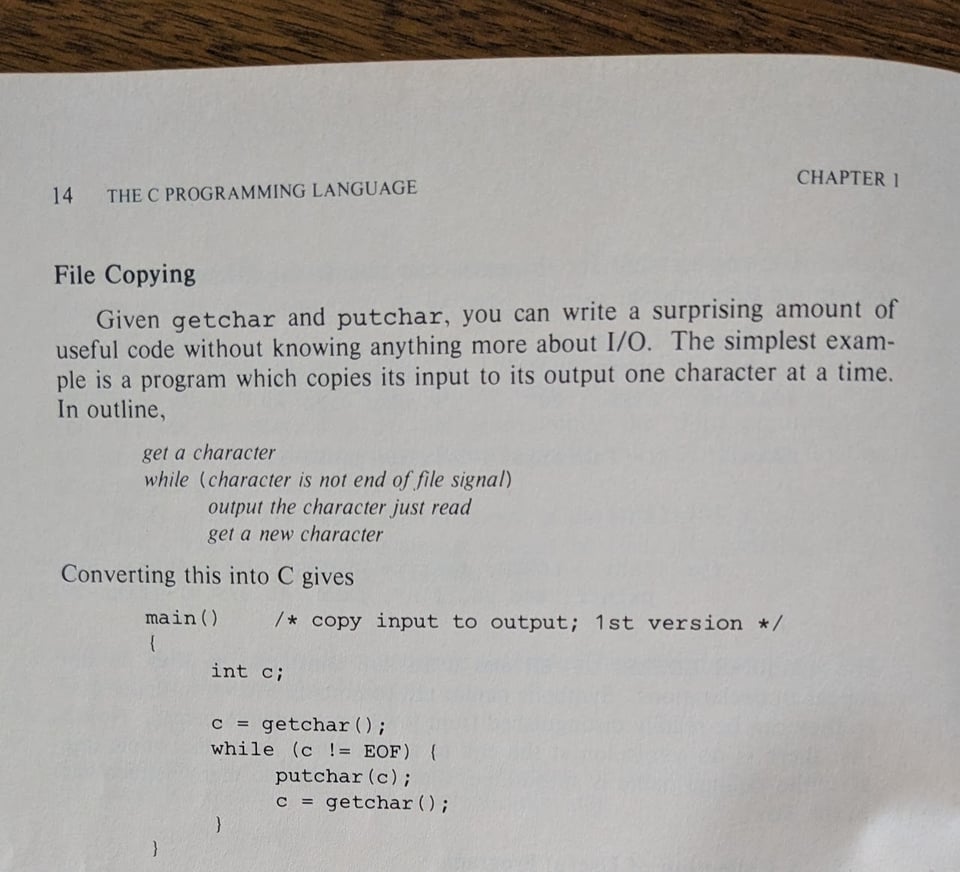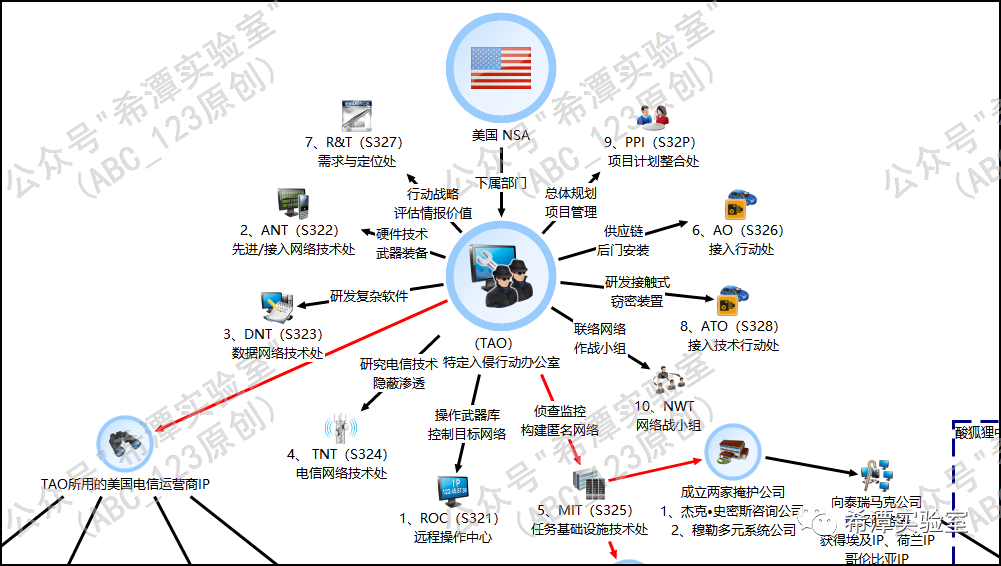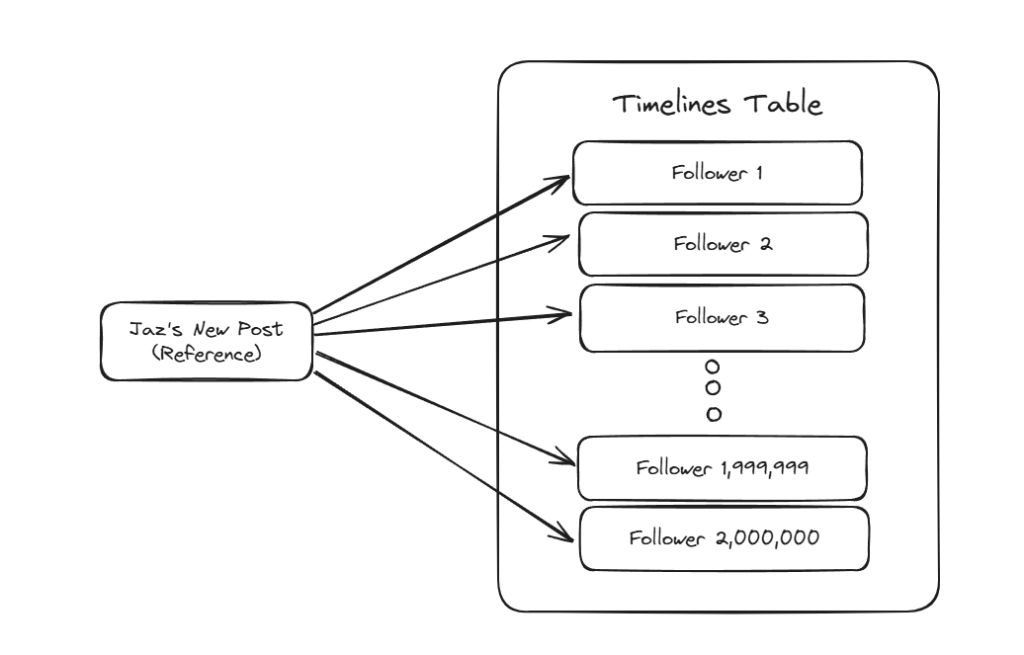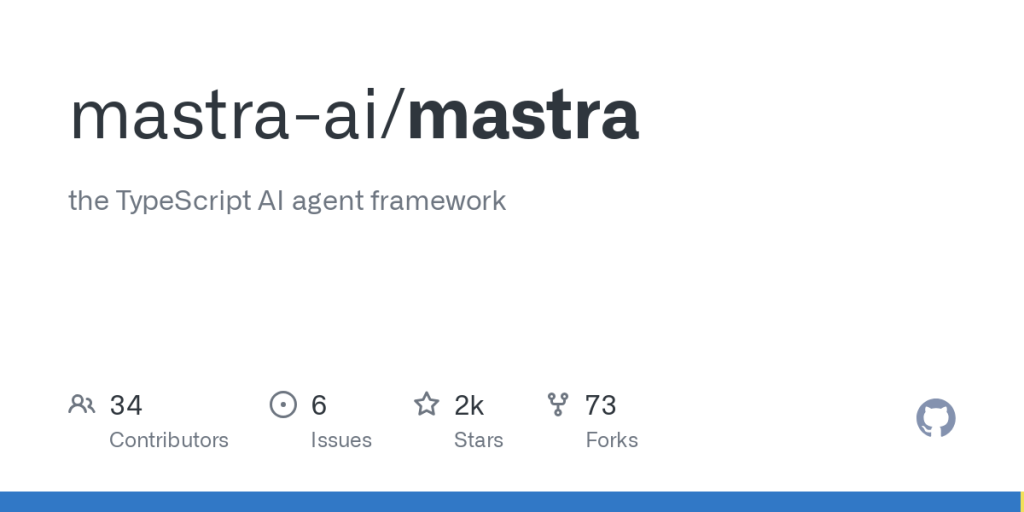Five Kinds of Nondeterminism

February 19, 2025 Or four kinds, or six kinds, I’m not picky about how you count them No newsletter next week, I’m teaching a TLA+ workshop. Speaking of which: I spend a lot of time thinking about formal methods (and TLA+ specifically) because it’s where the source of almost all my revenue. But I don’t […]
A Clang regression related to switch statements and inlining
After my previous post, Eliminating redundant bound checks (read it for context if you haven’t already), I wanted to do a benchmark using the ‘optimized’ version of the increment() function, which didn’t contain any bound checks when compiled with Clang, even though we used .at() for indexing into the array. Here’s that last version of […]
Typst 0.13 is out now

With Typst 0.13, we wanted to improve the day-to-day experience of using Typst. We fixed some of the most long-standing bugs and made Typst even more flexible to use. And on top, we’re shipping a first, experimental version of HTML export. by Laurenz Mädje It’s been almost two years since Typst’s open-source launch and the […]
An inside look at NSA tactics, techniques and procedures from China’s lens

Since I reside in a Five Eyes country (Australia) and have publicly presented four cases I led on China’s APT41 attacking organisations in ASEAN, particularly concerning China’s cyber and political strategies, I was curious to explore what China publishes about Five Eyes operations. This led me down a rabbit hole of research into TTPs that […]
When imperfect systems are good: Bluesky’s lossy timelines

19 Feb 2025 Often when designing systems, we aim for perfection in things like consistency of data, availability, latency, and more. The hardest part of system design is that it’s difficult (if not impossible) to design systems that have perfect consistency, perfect availability, incredibly low latency, and incredibly high throughput, all at the same time. […]
Microsoft unveils Majorana 1 quantum processor

Built with a breakthrough class of materials called a topoconductor, Majorana 1 marks a transformative leap toward practical quantum computing. Quantum computers promise to transform science and society—but only after they achieve the scale that once seemed distant and elusive, and their reliability is ensured by quantum error correction. Today, we’re announcing rapid advancements on […]
Relaxed Radix Balanced Trees
I’m adding immutable vectors to my language, Ivan, and needed to pick a suitable data structure to implement them. Clojure uses Persistent Vectors (PVs) which support lookups, updates, and appends all in ‘effectively’ constant time. However, it doesn’t have efficient insert or merge operations. Relaxed Radix Balanced (RRB) Trees, introduced by Bagwell and Rompf in […]
What Your Email Address Reveals About You: LLMs and Digital Footprints

LLMs are famous for having been trained on massive amounts of data. Estimates for GPT4, for example, give training data sizes of up to 1 petabyte of data. This training data comes from crawling the open internet, as well as collections of books, articles, scientific papers, etc. What this means is that the LLMs know […]
Troubled electric truck maker Nikola files for bankruptcy

Hydrogen electric trucking startup Nikola Corp. filed for Chapter 11 bankruptcy protection Wednesday after it failed to find a buyer or secure additional funds to maintain operations. Nikola was once a Silicon Valley darling, valued at $30 billion in June 2020 after it went public through a special purpose acquisition merger. But a series of […]
Show HN: Mastra – Open-source TypeScript agent framework

Mastra is an opinionated Typescript framework that helps you build AI applications and features quickly. It gives you the set of primitives you need: workflows, agents, RAG, integrations and evals. You can run Mastra on your local machine, or deploy to a serverless cloud. The main Mastra features are: Features Description LLM Models Mastra uses […]